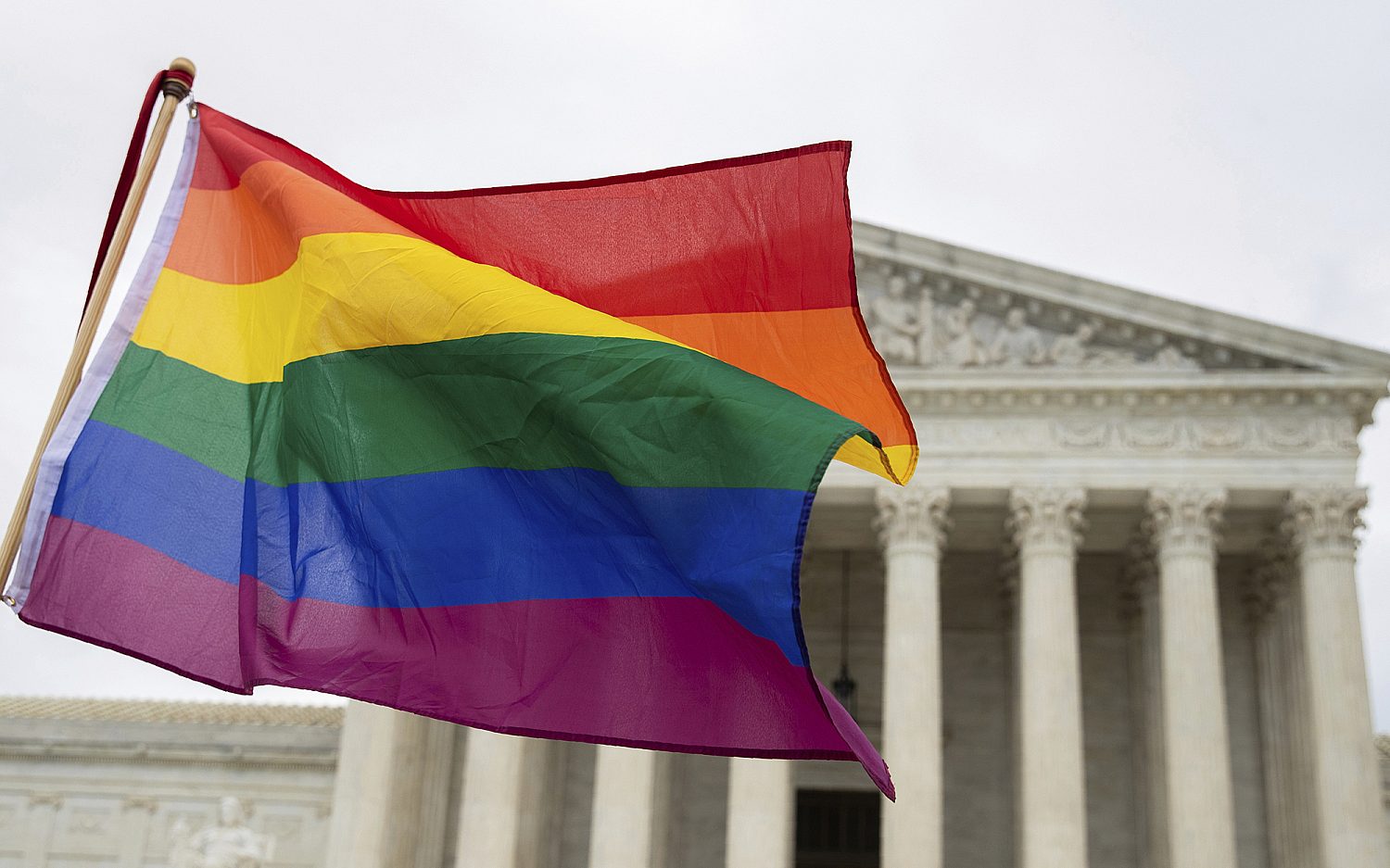Federal study urges marijuana policy changes
Federal and state officials together should craft policy guidelines for public health amid growing marijuana legalization, the National Academy of Sciences recommended in a Thursday report. The Centers for Disease Control and Prevention and the National Institutes of Health asked the NAS to recommend policy approaches for addressing the public health effects of marijuana. Recreational marijuana has remained criminally illegal to possess under federal law. As a result, Washington has not provided guidance or assistance to states for countering its negative effects on public health, the NAS found.
What are the negative effects of marijuana? Marijuana can lead to respiratory issues in users and negatively impact their memory, cognition, and attention, the NAS found in a separate study in 2017. The agency also found that marijuana use could cause users to develop schizophrenia. Prolonged high-dosage use of marijuana also can lead to cyclical bouts of nausea, vomiting, and abdominal pain. Sufferers of what’s called Cannabinoid Hyperemesis Syndrome often try to relieve symptoms by taking hot showers.
Isn’t the federal government reconsidering marijuana’s criminalization? The Biden administration in May recommended rescheduling marijuana in the Controlled Substances Act from a Schedule I drug down to a Scheduled III substance. Schedule I drugs have a high potential for abuse and no acknowledged medical use, while Schedule III drugs have a lower potential for abuse and at least some recognized medical use, according to the DEA.
What policy recommendations were proposed? The NAS recommended that the CDC work with states to establish methods for restricting the marijuana market much the way states restrict alcohol and tobacco sales. Those could include methods of taxation, restrictions on who can sell it, and controls on how companies design their products.
The National Governors’ Association and the National Council of State Legislatures should also pursue model legislation incorporating the CDC’s ideas for restricting the marijuana market, according to the NAS. State regulators should also require training for those selling marijuana products to consumers to ensure the products aren’t sold to minors, the academy added.
The NAS also encouraged the federal government to begin advertising campaigns targeting teenagers, parents, and vulnerable populations raising awareness about the negative impacts of marijuana use. The campaign should also discourage using marijuana in conjunction with alcohol or prescription drugs, the academy said.
Congress should also free up federal agencies to pursue marijuana-focused research, the academy said. It also urged federal agencies to conduct research into the effects of cannabis use on different populations, the effectiveness of tests intended to determine whether someone is impaired from marijuana use, and ways to mitigate risky cannabis use.
Finally, the academy urged state regulators to adopt the U.S. Pharmacopeia’s product quality standards for marijuana flowers to ensure uniformity in cannabis products across the country. The organization is also working on similar standards for marijuana extracts used in pills and edibles and states should also adopt those standards when they’re finalized, the NAS said.
Dig deeper: Listen to Lynde Langdon’s conversation with Lindsay Mast on The World and Everything in It podcast discussing the negative effects of marijuana.
An actual newsletter worth subscribing to instead of just a collection of links. —Adam
Sign up to receive The Sift email newsletter each weekday morning for the latest headlines from WORLD’s breaking news team.





Please wait while we load the latest comments...
Comments
Please register, subscribe, or log in to comment on this article.